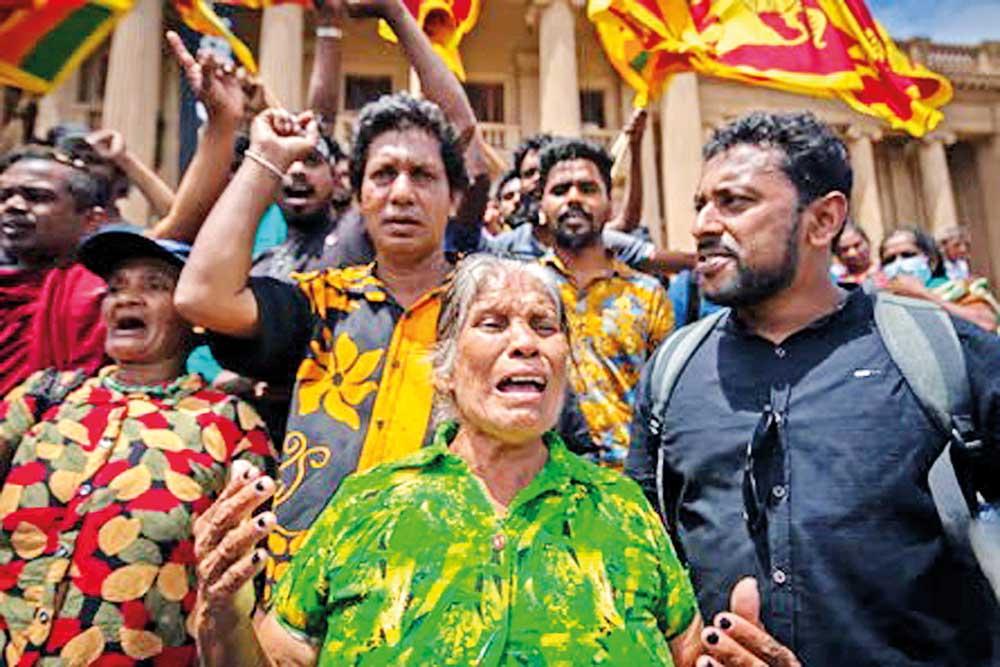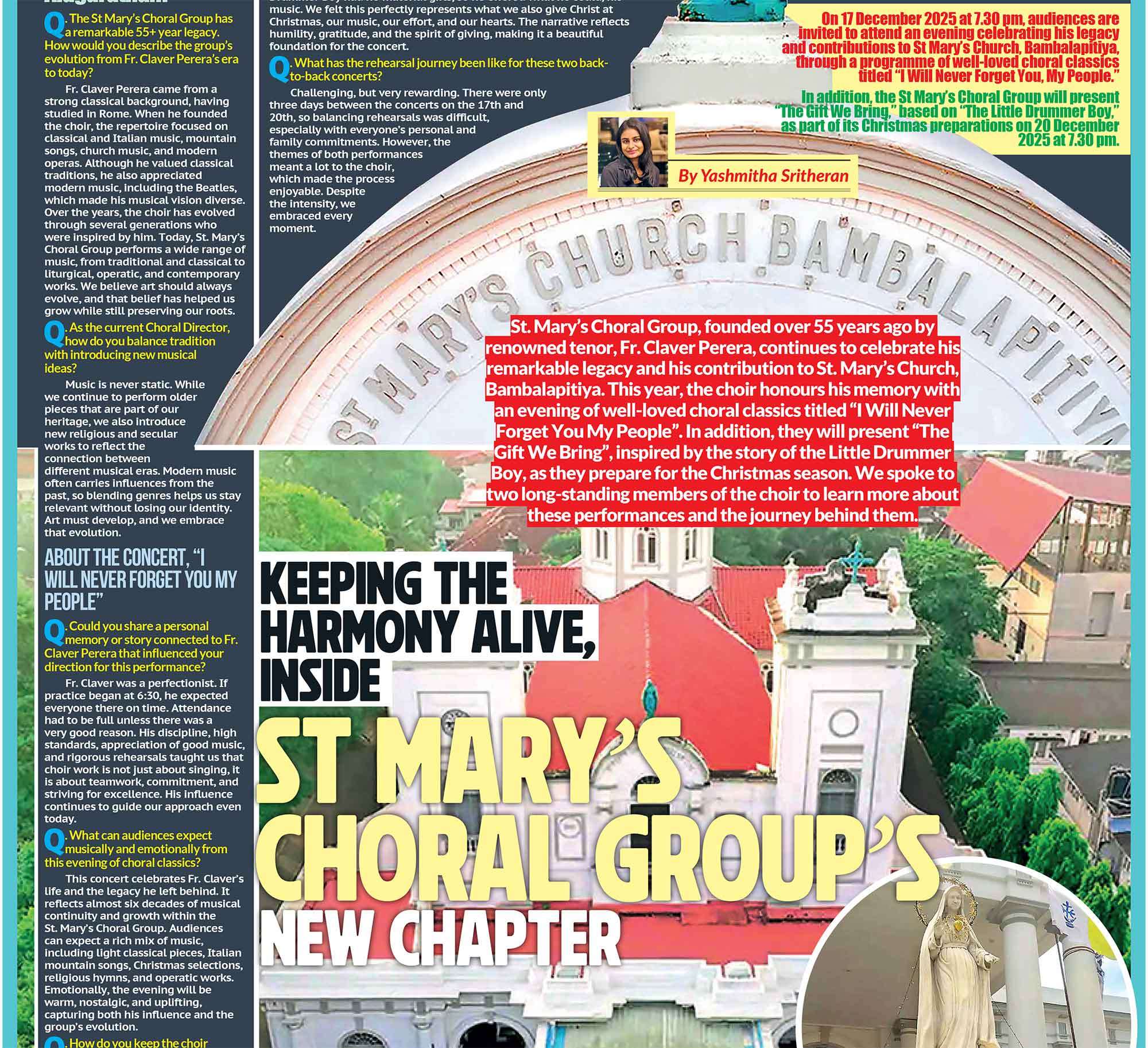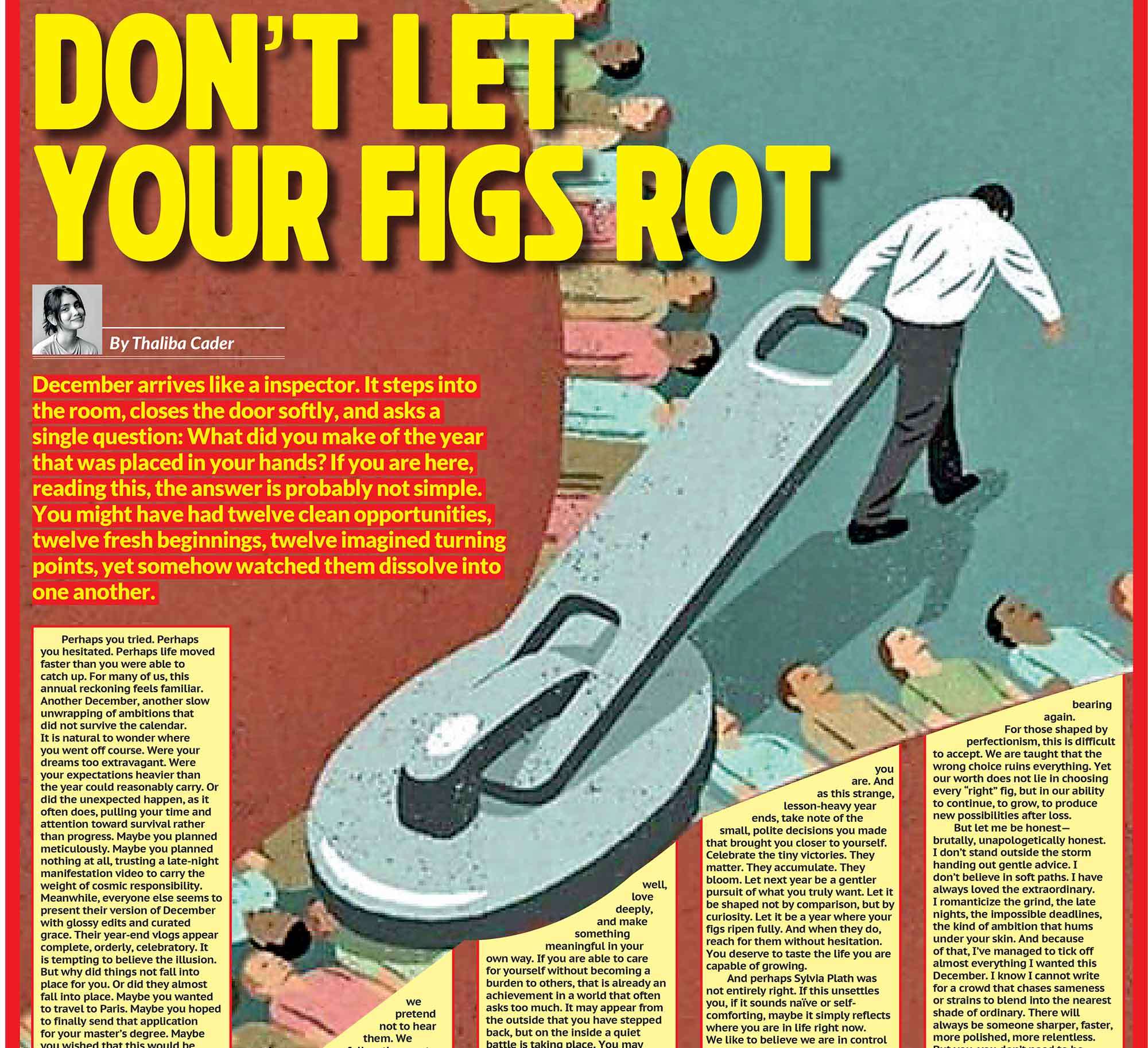
When the establishment circles the wagons, ask yourself what they're really protecting.
Behind closed doors these days, there’s a peculiar music playing in the corridors of power. A sudden harmony where discord once reigned. Politicians who couldn't agree on the colour of the sky are now singing in perfect unison, their voices raised in righteous indignation. International figures who remain conspicuously silent on a thousand daily injustices have found their tongues. The establishment has awakened from its selective slumber, and the timing is... instructive. But let's pull back the curtain on this theatre of manufactured concern and examine "manufactured consent", except this time, it's manufactured outrage, carefully orchestrated to protect the very system that created our national tragedy.
01)
The Hegelian Dialectic of Elite Protection
Georg Wilhelm Friedrich Hegel (google him, if you don’t know), taught us about the dialectical process: thesis, antithesis, synthesis. What we're witnessing is a masterclass in this philosophy, weaponized for political survival. Watch how quickly the political machinery springs into action when one of their own faces accountability. Suddenly, due process becomes sacred, the same due process that was denied to the families of Lasantha Wickrematunge, who still await justice for his assassination. The presumption of innocence, previously a luxury denied to Tamil civilians during wartime, to protesters beaten in the streets, to journalists who dared question power becomes an unshakeable principle. But here's where the hypocrisy cuts deepest: Where was this passionate defense of democratic values when Karen Navaratnam's mother died still searching for her disappeared son? Where were these voices when Sandya Ekneligoda spent over a decade fighting for answers about her husband's fate? When the mothers of the disappeared held their photographs at Vihara Maha Devi Park, their silent vigils echoing through years of governmental indifference, the silence from these same quarters was deafening.
02)
The Philosophy of Power
There’s a philosophy that true power isn't maintained through force alone, but through cultural hegemony, making the oppressed complicit in their own oppression. What we're witnessing is hegemony in action: the same system that failed the people now convinces them that protecting its architects is somehow in their interest. This is why the sudden unity is so revealing. It's not about any individual, it's about preserving what’s called the "historical bloc," the alliance of economic and political forces that maintains the status quo. The political parties, the business elites, the international partners, the media allies, they're not defending a person; they're defending a system that has enriched them while impoverishing the nation. Consider the philosophical implications: If justice is truly blind, why does it suddenly develop acute vision when certain individuals are involved? If rule of law is paramount, why was it selectively applied for decades?
The answers reveal that what we call "governance" is actually what’s identified as "circulation of elites"; different faces, same system, same outcomes for ordinary people.
03)
The Psychology of Collective Delusion
Drawing parallels with what we are watching now with ‘individual repression’. How the mind buries traumatic truths to function. What we're seeing is collective repression on a national scale. The political class has convinced themselves and is trying to convince us, that their preservation is somehow essential for national stability. This is what psychologists call "cognitive dissonance", holding contradictory beliefs simultaneously. The same people who created economic collapse are positioned as essential for economic recovery. The same networks that enabled corruption are presented as guardians of good governance. The same international partners who turned blind eyes to decades of mismanagement now express concern about due process. But cognitive dissonance can only be maintained so long before reality intrudes. The empty shelves, the fuel queues, the medicine shortages, the suicides, the exodus, reality has a way of shattering comfortable delusions.
04)
The International Web of Complicity
The global response reveals the true nature of the world-system, a global network of economic and political relationships that prioritizes stability over justice, predictability over accountability. Consider the international financial institutions that continued lending while governance indicators deteriorated. Consider the diplomatic missions that maintained cordial relations while democratic space shrunk. Consider the multinational corporations that secured profitable deals while environmental and labour standards collapsed. These same international actors now express concern about "political persecution" while having ignored actual persecution for years. Their concern isn't about justice, it's about maintaining relationships with familiar interlocutors who understand the rules of the game. The game is simple: domestic elites extract resources while international partners facilitate extraction in exchange for stable relationships. The people become factors of production rather than citizens with rights. Their suffering becomes acceptable collateral damage in the pursuit of profitable partnerships.
05)
The Ontology of Oppression
"Being-toward-death" is the authentic existence that comes from acknowledging mortality. Nations, too, can achieve authentic existence only by acknowledging their mortality, their capacity for failure, their need for fundamental change. What we're witnessing is a collective refusal to face national mortality. Instead of acknowledging that the system has failed and needs fundamental restructuring, the establishment wants to return to "normal", the normal that created the crisis in the first place. This is what the existentialists would call "bad faith", deceiving ourselves about our freedom to choose differently. The current outrage is an exercise in bad faith, pretending that protecting the architects of failure is somehow protecting democracy, that maintaining the status quo is somehow promoting stability. But authentic existence, for individuals and nations, requires confronting uncomfortable truths. The truth is that our political system has become a wealth extraction mechanism disguised as governance. The truth is that our international relationships prioritize elite comfort over popular welfare. The truth is that what we call “democracy” has become a performance that legitimizes oligarchy.
06)
The Sociology of Silence
Some of the voices that are sung loud among the crowd seeking justice for an individual strikes a great level of irony and symbolic violence. It’s where dominant groups maintain power not through force but by making their dominance appear natural and legitimate. The current crisis reveals symbolic violence in action, one cannot tell otherwise. Making accountability appear as persecution, making justice appear as political vendetta, making systemic reform appear as dangerous instability. The same voices now expressing concern about rule of law have zero symbolic capital when it comes to actually upholding rule of law for ordinary citizens.
Where was their concern when:
- Rural families lost their land to development projects without fair compensation?
- Urban dwellers were evicted for beautification projects that served tourists while displacing residents?
- Fishermen lost their livelihoods to deals that gave foreign fleets access to our waters?
- Small businesses were crushed by regulations designed to favor large corporations?
- Students faced violence for demanding affordable education?
The sociology of silence reveals its own logic: some suffering is acceptable, some injustice is tolerable, some victims are invisible. But when the system's own architects face consequences, suddenly every voice finds its volume.
07)
The Practical Path Forward
Philosophy without action is merely intellectual masturbation. Everything happening in Sri Lanka today points clearly towards practical steps for breaking the cycle of elite protection and popular abandonment. Every society faces moments when the contradictions become so stark that collective awakening becomes possible. The bread queues, the fuel lines, the medicine shortages, these were not abstract policy failures but concrete reminders that the system serves some while abandoning others. The current outrage over accountability measures is another such moment. It reveals with crystalline clarity where loyalties truly lie, what values actually matter, whose interests are really being served.
This is our choice.
Accept the return to "normal" and guarantee the repetition of crisis, or seize this moment to build something fundamentally different. The establishment is offering us symbolic changes while preserving substantive continuity. They want our anger to be performative rather than transformative. But transformation is possible. It requires seeing through the manufactured outrage to the manufactured consent it's designed to restore. It requires recognizing that protecting democracy means challenging its capture by anti-democratic forces. It requires understanding that rule of law means applying laws equally, not selectively.
The symphony of elite outrage will eventually end, as such performances always do. The question is whether we'll have used this intermission to tune our own instruments, to prepare our own music, to compose our own future. The choice, as always, is ours. But we must make it understanding that neutrality in the face of systemic injustice is complicity with that system. The time for comfortable illusions has passed. The time for uncomfortable truths and the uncomfortable actions they demand has arrived.












